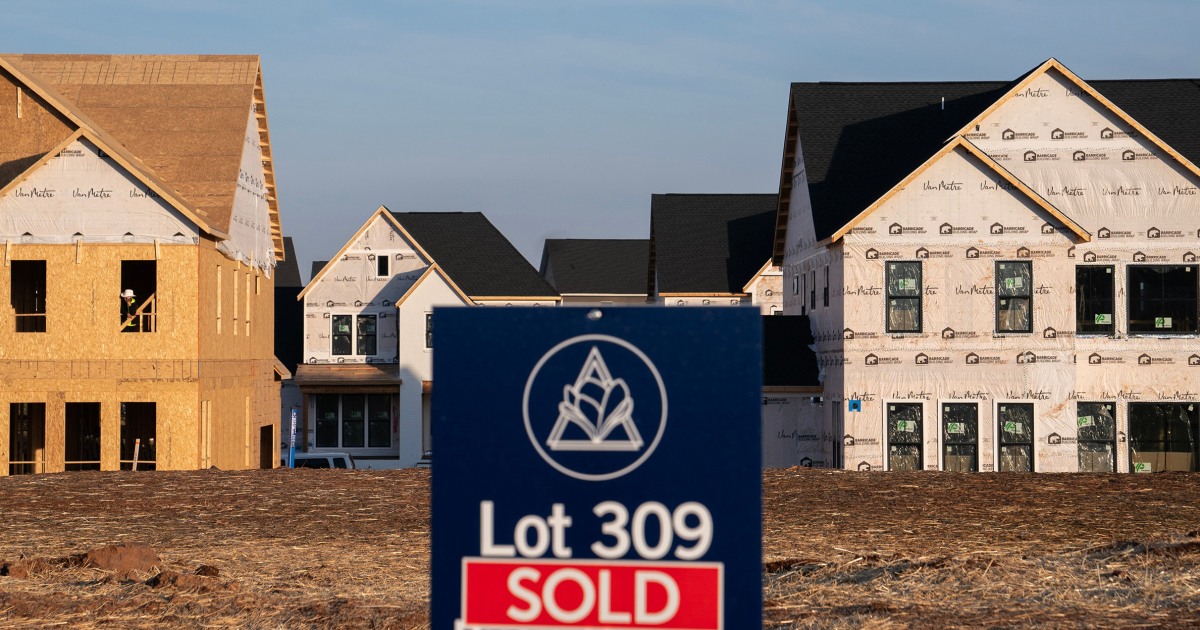07/30/2021 11:35 AM
Clarín.com
Good Life
Updated 07/30/2021 11:57 AM
If there is a phenomenon that allows studying
human behavior, it
is the pandemic.
From one day to the next, our habits were disrupted, and we had to adapt to a new reality for which we were not prepared.
In fact, at the beginning of the covid-19 pandemic, the purchasing habits of people around the world were modified: they began to stock up on household items (with toilet paper as the star input), which led to a shortage that
would have been avoided
if everyone bought what they needed.
According to a study led by the National University of South Wales (UNSW) in Sydney, reactive behaviors of this type are not unusual: on the contrary, they are expected in humans as an
attempt to control
unexpected uncertainty.
In fact, as stated there,
unexpected uncertainty
is such a powerful motivator for change that it often prompts us to adjust our behavior, even when it is not in our best interest.
"When people experience an
unexpected change in their environment
, they start looking for ways to reduce that uncertainty," says study lead author Dr. Adrian Walker, who completed this research as part of his doctorate in psychology at UNSW Science.
The study explains that there are two types of uncertainty: expected and unexpected.
Photo Shutterstock.
"They can change their behavior and decision-making strategies to try to find a way to
regain some sense of control,
" he says.
He adds: "Surprisingly, our study found that unexpected uncertainty caused people to change their behaviors even when they would have been better off
if they had followed an old strategy."
The behavioral study, recently published in
The Journal of Experimental Psychology: Learning, Memory, and Cognition
, is the first to show that the type of uncertainty we experience, ie, whether expected or unexpected, plays a
key role
in our reaction .
And to prove it, he graphs it with a practical example: a city worker who knows that his morning commute takes between 30 and 50 minutes would not be surprised by a 50-minute commute.
On the other hand, a rural driver would be very surprised if his predictable 30-minute trip suddenly took 50 minutes.
The strange study
To test how people often respond to unexpected change, the researchers commissioned study participants to
sell a pair of objects to one of two extraterrestrial subjects
in a
virtual simulation
.
They had to get as many points (or 'alien dollars') as possible.
Participants had to choose which alien to sell a pair of chemicals to, but only one of the chemicals determined how much the alien would pay.
They needed to
figure out what
chemical and alien
combination
would allow them to get the most rewards.
An initial group of 35 participants became familiar with the task and
quickly learned
that a strategy (for example, Option A) gave the best offer of 15 points.
But midway through the experiment, the reward pattern changed and Option A began to give a random number between 8 and 22 points.
Although we believe that we have everything under control, uncertainty is part of our life.
Photo Shutterstock.
"As soon as we added an
element of uncertainty
, the participants started looking for new ways to complete the task," says Dr. Walker.
"The trick is, in all cases, the best they could do was use their old strategy."
The unexpected uncertainty
Dr. Walker says that our
different responses
to the pandemic are a large-scale example of unexpected uncertainty.
And he describes how everything changed from one moment to the next: “Many of us were suddenly working from home, changing the way we shop and changing the way we socialized.
The
rules we lived by beforehand
no longer applied, and there was no - and still is - no clear answer on when or how the pandemic will end, ”he says.
“Different people tried all kinds of things, like panic buying, to reduce this new uncertainty and get back to 'normal'.
But, as we have seen,
not all of these reactive strategies
were good in the long term, "he concludes.
The "boiling frog syndrome
While the unexpected uncertainty led to somewhat dramatic responses, the truth is that the expected uncertainty had the
opposite effect.
Plotted in the study: During the second phase of the trial, the researchers
gradually
introduced uncertainty
to a different group of 35 participants.
Option A's usual 15 points changed to 14-16 points, then 13-17 points, until the uncertainty rose to 8-22 points.
"The behavior of the participants
did not change dramatically
, although the uncertainty eventually reached the same levels as in the first experiment," says Dr. Walker.
"When the uncertainty gradually crept in, people were able to
keep their old strategies,
" he explains.
While this specific experiment was designed to make the original strategy the most beneficial, Walker says other research has shown
the harm
that failure to change behavior can do when faced with gradual change.
"We can see this pattern in many real-world challenges, like the
climate change
crisis
," says Walker.
"When change is slow and barely noticeable, there is no sudden indication to change our behavior, so we cling to old behaviors," he says.
“Trying to act on climate change is a lot like the fable of the boiling frog.
If you put a frog in a pot and boil the water, it will not notice the threat because the water gradually heats up.
When he finally realizes, it is
too late
to jump, "he graphs.
With the pandemic, all areas of our life were turned upside down.
Photo Shutterstock.
Ben Newell, deputy director of the UNSW School of Psychology and one of the researchers involved in the project, says that the next step is to translate the knowledge about how people react to uncertainty in the laboratory to make people aware of the necessary
climate action
.
"If we can identify the triggers to explore new alternatives, then we could
overcome the inertia
inherent in developing new and sustainable behaviors," he proposes.
That omnipresent dimension
Although it may seem that we have everything under control, the truth is that uncertainty is something that human beings
face every day
, from unforeseen events in traffic to questions that can be taken on an exam.
The difference that the COVID-19 pandemic brought is that it has come to shed
a new blanket of uncertainty
in graphed areas of our lives, such as career, health, and life circumstances.
"While this study is not intended to be the complete picture of human behavior during the pandemic, it may help explain why so many people sought
new ways to add certainty
to their lives," says Walker, who is now a researcher at the School of Psychiatry at UNSW Medicine & Health.
Meanwhile, Dr. Tom Beesley, co-author of the study, says: "Dr. Walker's work really helps us understand how people
develop a representation
of the uncertainty they face and how they can or cannot cope with it."
"My laboratory is trying to formalize this relationship in a
computational model of behavior,
so that we can make clearer predictions about what we could expect to happen under different conditions of uncertainty," he says.
While Dr. Walker's research is now focused on psychiatric epidemiology, he is interested in seeing
where
future research in this area
is heading
, especially in predicting individual responses to uncertainty.
"Given the number of decisions we make under uncertain conditions in our daily lives,
the more we understand
how these decisions are made, the more we can try to get people to make good decisions," concludes Walker.
Look also
Four guidelines for training the brain and the foods that take care of it
"It gives me confidence": How does the brain determine if a task is worthwhile?






/cloudfront-eu-central-1.images.arcpublishing.com/prisa/O36F6N44Q5BJRGEVFHPKRFTPVQ.jpg)
/cloudfront-eu-central-1.images.arcpublishing.com/prisa/MC7UM7NN6VGRXK5M2W6JEUECIY.jpg)



/cloudfront-eu-central-1.images.arcpublishing.com/prisa/KMEYMJKESBAZBE4MRBAM4TGHIQ.jpg)



